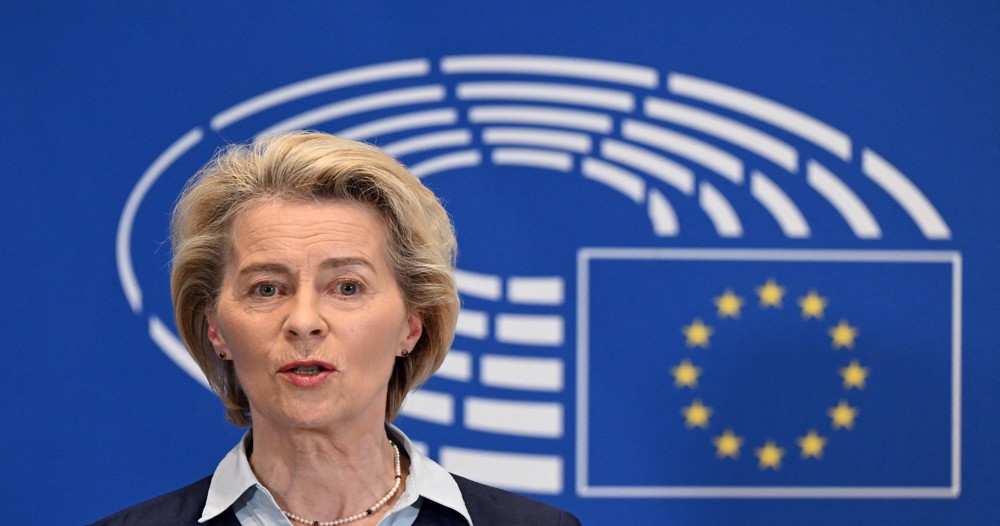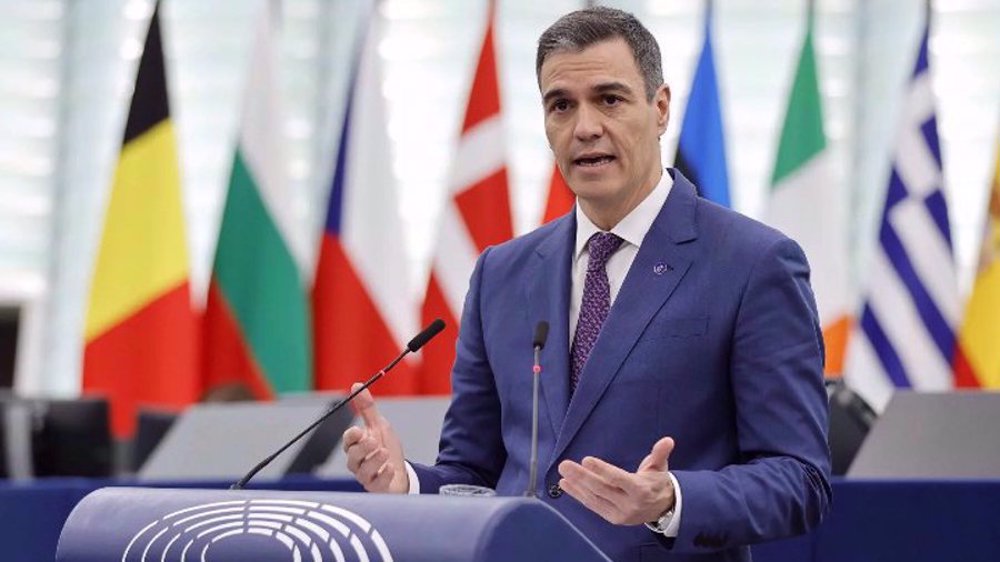Rajoy making last-ditch efforts to form new government in Spain
Spain’s acting Prime Minister Mariano Rajoy has held a meeting with leaders of his conservative People’s Party (PP) as part of attempts to map out a strategy after legislators rejected his second bid to form a new government.
During the Saturday talks, senior PP political figures reaffirmed their support for 61-year-old Rajoy as their candidate to form a new government.
They also censured the rival Spanish Socialist Workers’ Party (PSOE) over the failed investiture on Friday, a move which has increased the likelihood that Spain will have to hold its third round of election in a year after two inconclusive votes last December and June.
Rajoy stumbled at the first attempt to secure a second term in office on August 31, when he fell six short of the 176 votes needed for an absolute majority in the 350-seat parliament.
His bid was again voted down on Friday as the same 180 lawmakers, who had rejected Rajoy two days earlier, repeated their votes. He needed just 11 abstentions to get a simple majority and form a PP-led minority government.
The parliament has now until October 31 to strike a deal and produce a government before a third round of elections is called automatically.
The next ballot would fall on Christmas Day under the timeline set by Spanish law, but politicians say they would do all in their power to advance it by a week.

Rajoy’s PP has 137 parliamentary seats, while Socialists party hold 85.
The other two major parties are the Unidos Podemos coalition, led by anti-austerity Podemos Party, as well as liberal Ciudadanos Party, with 71 and 32 seats, respectively.
Without the backing or at least an abstention from the Socialists or Podemos, it would be impossible for Rajoy to secure a majority.
Spain has been without a proper government since December’s election, when Rajoy lost a third of his lawmakers and the opposition was split between three different groups.
The Spanish caretaker prime minister has so far failed to win support from rival parties.
Economic analysts maintain that Spain needs a new and functioning government as soon as possible, warning that the longer the political impasse lasts, the bleaker the outlook for the economic recovery would be.
“We’d like the political situation to be resolved as soon as possible. The longer it takes, the more the good performance will be at risk,” Banco Santander SA Chief Financial Officer Jose Antonio Garcia Cantera said.
US vetoes Palestinian request for full UN membership
Iran sufficed to striking part of Israel’s military positions: FM to UN chief
IRGC: Israel’s Dimnoa nuclear reactor not among Op. True Promise’s targets
VIDEO | West Asia awakens
'Stop any further Israeli adventurism,' Iran FM tells Security Council
Google fires 28 employees for protesting military deal with Israel
Burkina Faso expels three French diplomats over ‘subversive activities’
Iran slams G7 statement, vows no iota of doubt to respond to aggression
















 This makes it easy to access the Press TV website
This makes it easy to access the Press TV website